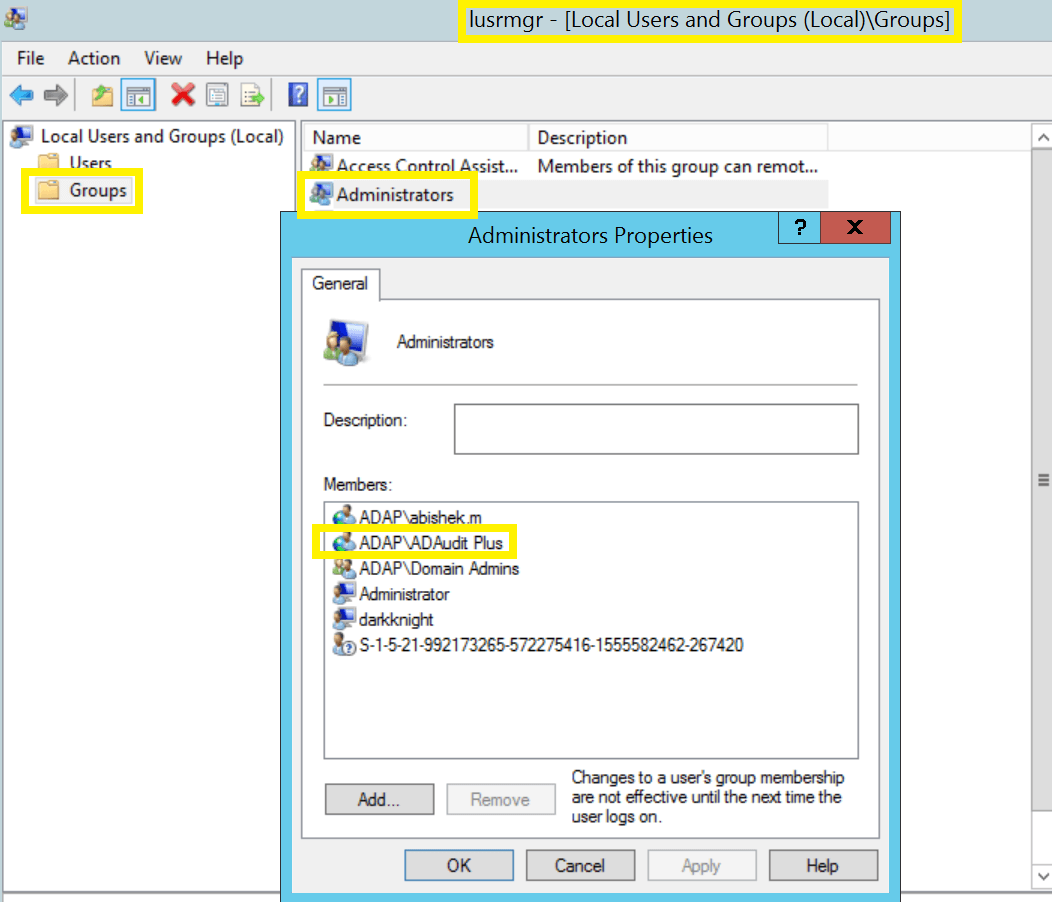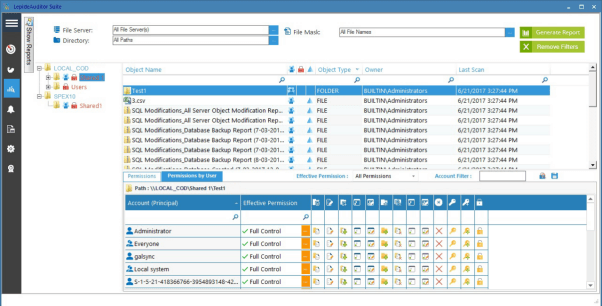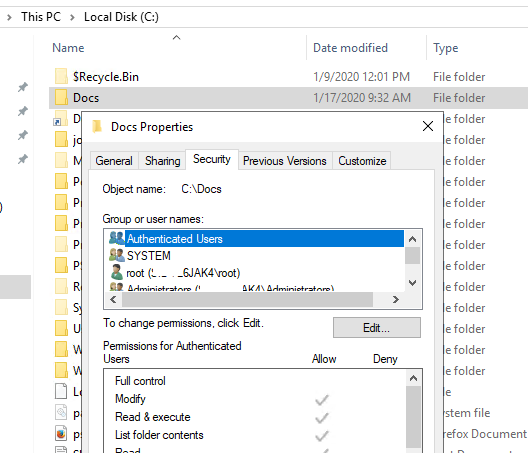
But I will include it in the examples here for completeness.

Path is a positional parameter, so if it appears in the first position, you can omit -Path. Or you can provide Get-Acl with a path instead.

Running Get-Acl without any parameters will return the NTFS permissions set on the current working directory. In this article, I will look at using Get-Acl with files and folders, but it can also be used with registry keys and other objects.Ĭheck out this article on Petri about how to modify access control lists using icacls if you don’t want to use PowerShell. Like all PowerShell cmdlets, objects generated by Get-Acl can be easily processed by other PowerShell cmdlets, or the output can be formatted so that it can be passed to other applications. And while it is a comprehensive tool with lots of options, PowerShell provides more flexibility on how results are formatted.

ICacls is a built-in command line tool for reporting NTFS access permissions in Windows.


 0 kommentar(er)
0 kommentar(er)
